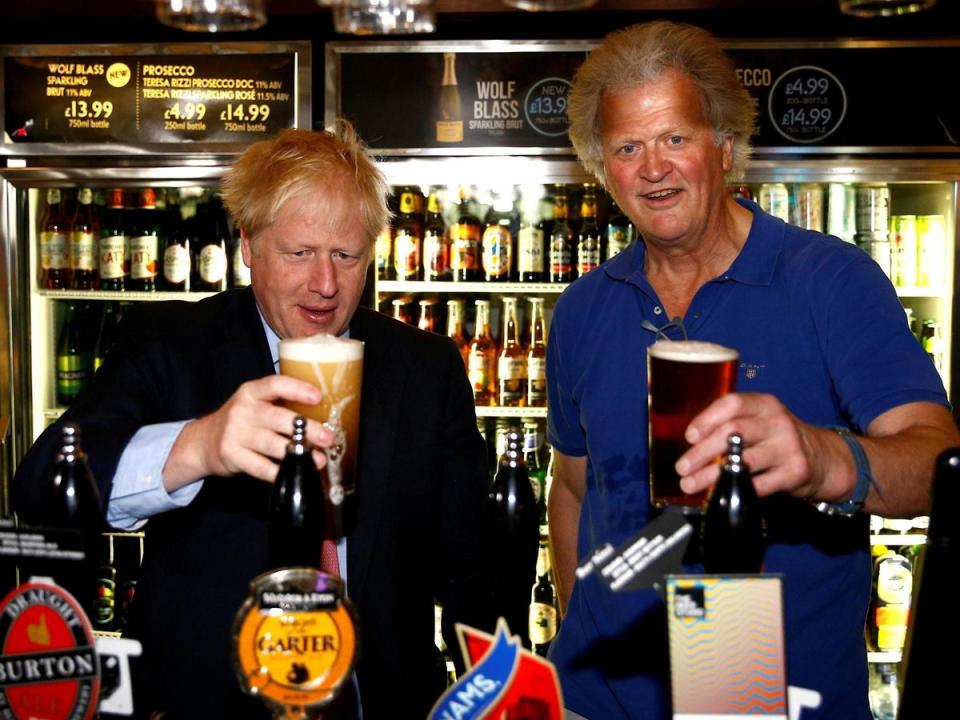Cost of Boris Johnson’s booze-fuelled Brexit bash revealed

Rishi Sunak’s government has finally been forced to reveal the cost of Boris Johnson’s boozy Brexit party after a long-running court battle.
The then-PM and his staff spent almost £8,000 of taxpayers’ money on English sparkling wine and other alcoholic beverages to mark the moment the UK left the EU.
The Downing Street party took place to celebrate Brexit “getting done” at 11pm on 31 January 2020.
Data released under Freedom of Information (FoI) laws revealed that the alcohol bill for the No 10 bash amounted to £7,897.
Documents shared with The Mirror show thousands were spent on 117 bottles of Gusbourne Blanc de Blancs 2014 – an English sparkling wine which costs £65 per bottle.
The choice of alcohol was not entirely patriotic. Taxpayers also footed the bill for 11 bottles of Italian Valpolicella 2017 red wine, alongside 10 bottles of Chapel Down white wine from Kent.

The government said the booze came from the government’s wine cellar which helps “ensure minimal cost to the taxpayer”.
Officials had turned down a FoI request for the bill for the No 10 Brexit party, angering campaigners who took the case to court.
The idea of blocking the details was backed up by the information commissioner, but the information tribunal then ruled against the government.
It comes as Mr Sunak’s government has been warned of upcoming major supply problems with EU meat and dairy products when extra red tape is imposed on imports from 31 January and physical checks begin on 30 April.
Some suppliers of specialist products – like French cheeses, Parma hams and Spanish chorizo – will give up on Britain because of the extra expense and “huge hassle” involved in sending goods, say industry bosses.
And food sector leaders have also warned of supply problems with fruit and vegetables – including price spikes and potential shortages – when further controls on fresh produce come into force later in the year.
Mr Sunak has been urged to a new agreement with Brussels on food and agricultural standards to avoid a “major step backwards” in Britain’s supply chains.
Farming chiefs say new controls pose an “existential threat” to Britain’s horticultural firms, as the alarm was raised about the damage to the flower and plant market too.
Meanwhile, Thomas Sampson, associate professor at the London School of Economics, has estimated that Brexit is costing the UK somewhere between £75bn and £125bn a year – a 3 to 5 per cent hit to GDP.


